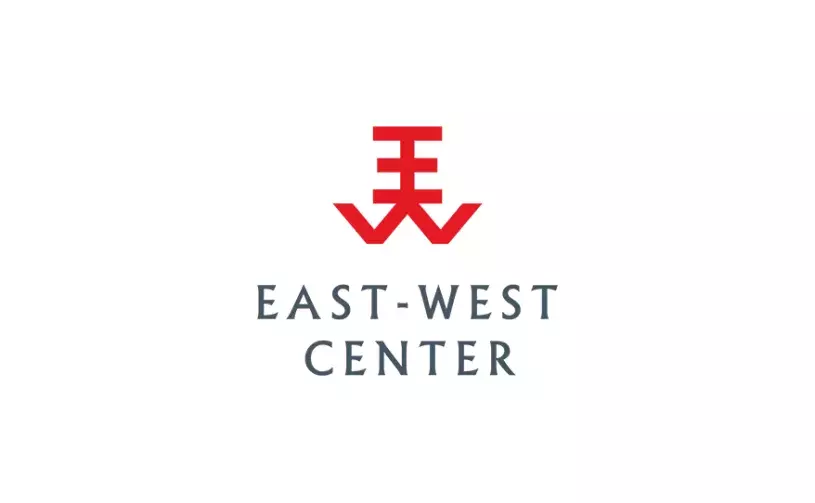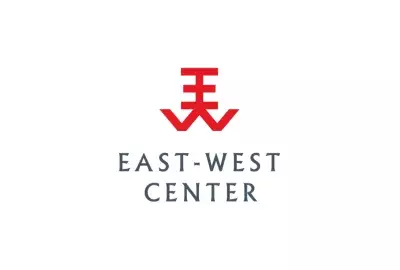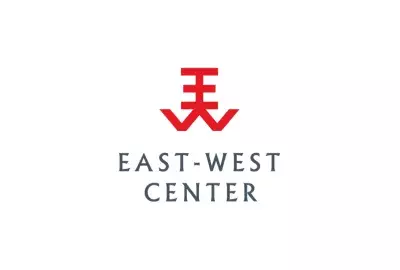Error message

Unconventional monetary policy (UMP) has had predictable effects. How exit plays out is scenario-dependent. Quantitative easing has had the predictable effect of encouraging currency depreciation and some partner countries may have attempted to offset these exchange rate effects. Korea presents a particularly interesting case: it is relatively small and relatively open and integrated, in both trade and financial terms, with the United States and Japan, two practitioners of UMP. Authorities have acted to limit the won's appreciation primarily against the currency of China, not the US or Japan. Nevertheless, Korea's policy is a source of tension with the US. Under legislation currently being considered, the currency manipulation issue could potentially interfere with Korean efforts to attract direct investment from the US and create an obstacle to Korea joining the Trans-Pacific Partnership.
Unconventional monetary policy (UMP) has had predictable effects. How exit plays out is scenario-dependent. Quantitative easing has had the predictable effect of encouraging currency depreciation and some partner countries may have attempted to offset these exchange rate effects. Korea presents a particularly interesting case: it is relatively small and relatively open and integrated, in both trade and financial terms, with the United States and Japan, two practitioners of UMP. Authorities have acted to limit the won's appreciation primarily against the currency of China, not the US or Japan. Nevertheless, Korea's policy is a source of tension with the US. Under legislation currently being considered, the currency manipulation issue could potentially interfere with Korean efforts to attract direct investment from the US and create an obstacle to Korea joining the Trans-Pacific Partnership.
East-West Center Working Papers: Innovation and Economic Growth Series






